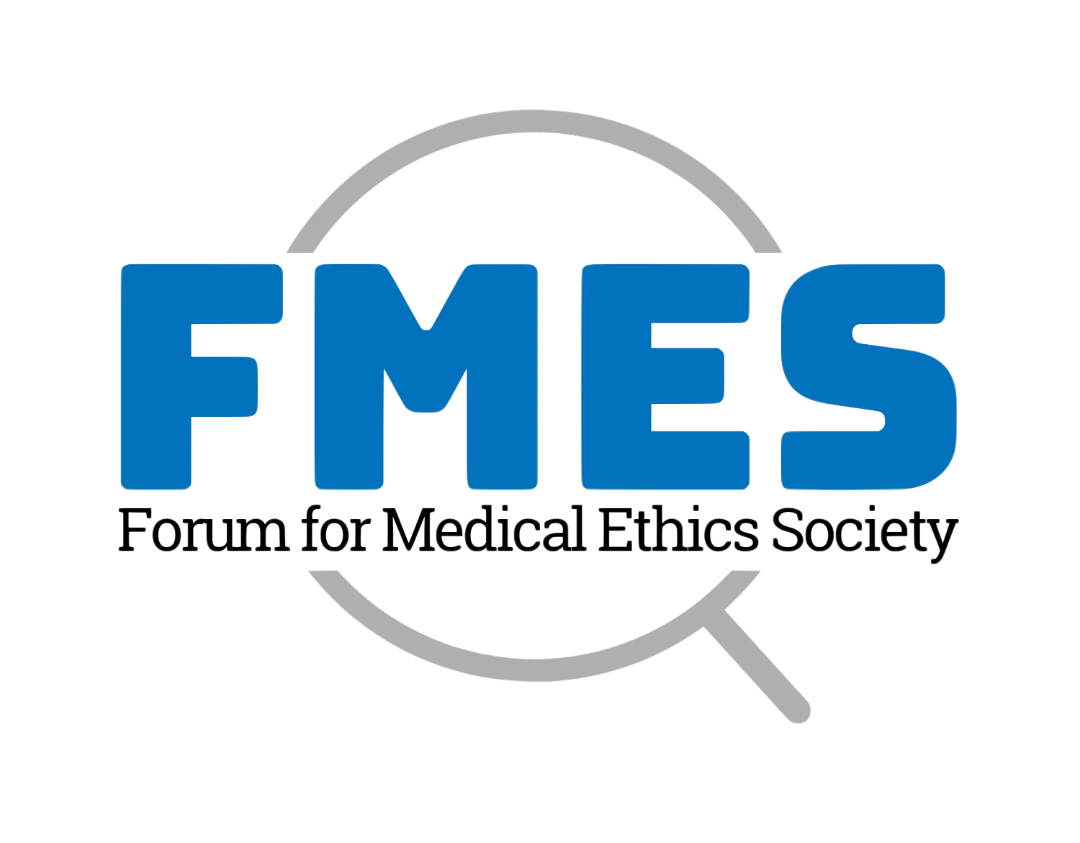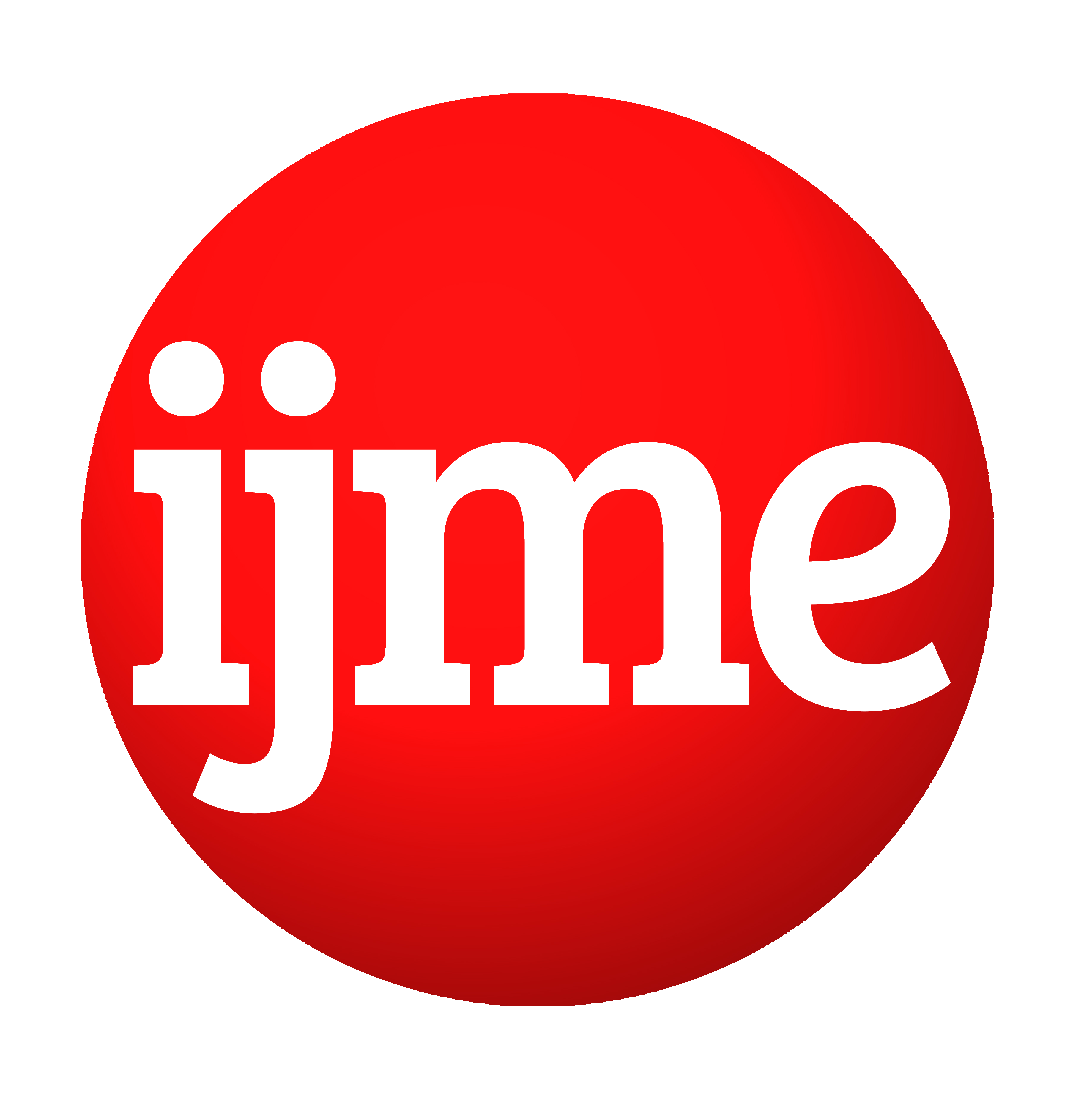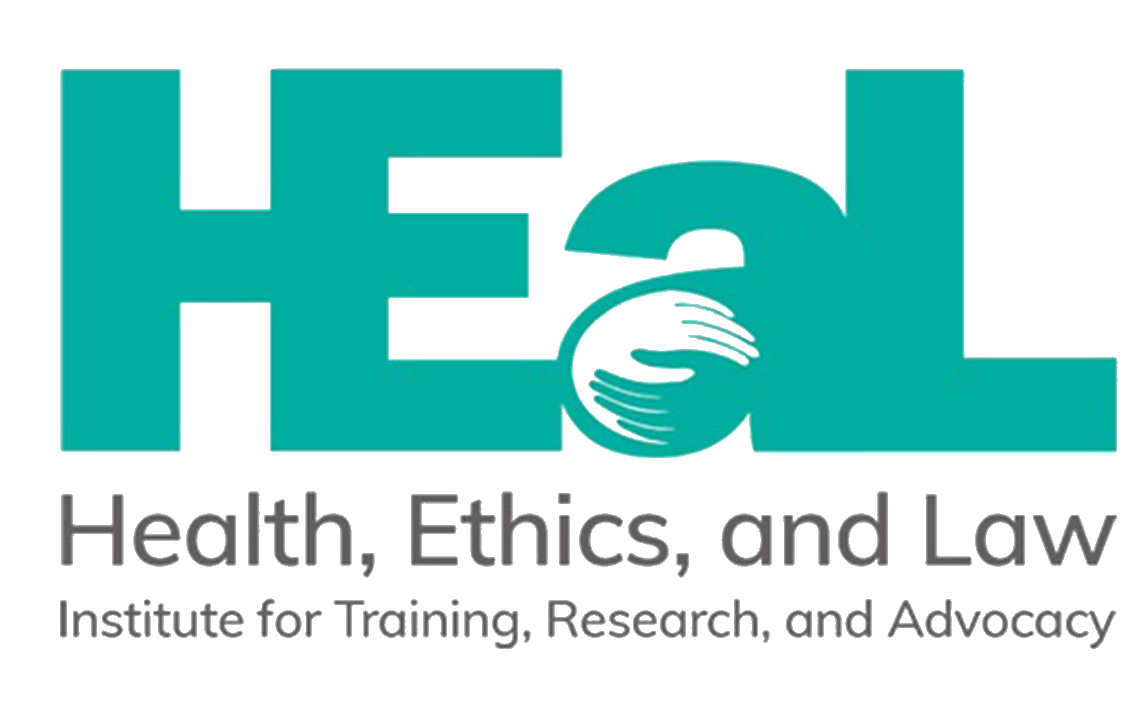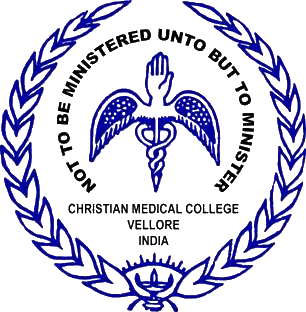For updated information, please visit the new website: https://www.worldcongressofbioethics.org/ |
Discussion of a 2018 pilot study in Bengaluru
Organizers: Division of Health and Humanities, St. John's Research Institute, Bengaluru; Translational Health Science and Technology Institute, Faridabad, Haryana.
Date: Dec 4, 2018, 1pm – 5pm
Session summary
The session will be in two parts of 1 hour 45 minutes each with a tea break in between.
Part 1: Presentation of the findings from an exploratory study on public perceptions to Controlled Human Infection Model (CHIM) studies in Bengaluru urban and rural district, followed by discussions. The findings are based on 11 focus group discussions (FGDs; six urban and five rural) and 19 in-depth interviews (IDI). The FGD participants spanned men and women from different age groups and varied socio-economic backgrounds and the IDIs covered key respondents such as panchayat members, health workers, medical officers in the rural areas and a lawyer, journalist, social activists, IEC members, clinicians and scientists. This pilot study was necessitated since CHIM studies are currently not done in India, although there is a sense that such studies are necessary for a variety of reasons including understanding host-pathogen responses in disease endemic settings and accelerating drug and vaccine development for diseases that have public health and national interest.
Part 2: Group deliberations on a questionnaire-cum-screening tool to evaluate the perceptions among Indian people regarding acceptability of, concerns and participation in CHIM studies. The questionnaire will be developed based on the findings of the pilot study conducted in Bengaluru. The aim is to use the data derived qualitatively to develop an instrument that can be applied quantitatively on a larger population. This will serve several purposes: it will allow more representative data to be collected in different regions of India, and identify potential volunteer groups with whom these studies can be conducted ethically. Three groups of 7-8 people each will deliberate on the draft questionnaire. Each group will present the summary of their deliberation for wider discussion. Deliberations on the ethical complexities and regulatory requirements for CHIM studies in India will be woven into both parts of the workshop. Following the workshop, minutes of the workshop and the revised questionnaire-cum-screening tool will be circulated to all participants by email for their final comments.
The session will be audio and video recorded with consent from the participants.
Presenters
Manjulika Vaz (Social Scientist), Division of Health and Humanities, St John's Research Institute, Bengaluru; Avita Johnson (Assitant Professor, Community Medicine, St John's Medical College, Bengaluru), Olinda Timms (Ethicist, Adjunct Faculty, Division of Health and Humanities, St John's Research Institute, Bengaluru),
Discussants
Mario Vaz (Professor, Department of Physiology, St John's Medical College, Bengaluru, Karnataka, India), Uma Chandra Mouli Natchu (Associate Professor, Division of Infectious Diseases, St John's Research Institute, Bengaluru, Karnataka, India), Mala Ramanathan (Professor, Achutha Menon Centre for Health Science Studies, Sree Chitra Tirunal Institute for Medical Sciences and Technology, Trivandrum, Kerala, India) and YK Gupta (Professor, AIIMS, New Delhi)
Target audience
Clinical researchers, microbiologists, immunologists, infectious disease specialists, ethics committee members, biotechnology faculty and students, social scientists, journalists and media professionals, public health researchers and students.
Some participants will be specifically invited based on their expertise and interest in this area. Among them will be: Gagandeep Kang, Executive Director, Translational Health Science and Technology Institute(THSTI); Amrita Shekar, Consultant Clinical Development Services Agency, Translational Health Science and Technology Institute (THSTI); Alok Malaviya, Associate Professor, Department of Life Sciences, CHRIST Deemed to be University; Roli Mathur, Head, Bioethics Cell, NCDIR, Bengaluru; Chris Vimalraj, Bioethicist and IEC member; V Balasubramanian, Executive Director R&D, and Vasanthi Ramachandran, Director Microbiology, Bugworks Research India Pvt. Ltd., Sudha N, Health activist, Jayanthi Savio, Microbiologist and IEC member; Abha Saxena, Senior Ethics Consultant.
Logistical requirements
Audience size – 25-30
Room set-up - group tables
Specific equipment requirements - audio-visual equipment for presentations duration - half-day (4 hours)
OVERVIEW:
Title: Public Engagement on the perceptions, acceptability, participation and concerns with CHIM studies in the Indian context – Discussion of the findings and implications of a pilot study in Bengaluru urban and rural district
Keywords: CHIM, Challenge studies, Clinical Research Ethics
Learning objectives
- To engage with multiple stakeholders and refine our understanding on the perceptions, acceptability, participation and concerns with CHIM studies in the Indian context
- To evaluate and refine a draft tool (questionnaire) from an exploratory pilot stage to a wider population.
- To deliberate on the ethical complexities, governance and regulatory requirements for CHIM studies in India
Background
Ethical issues with CHIM studies: A 'Controlled Human Infection Model' (CHIM) study is one in which a well characterised strain of an infectious agent is administered at a controlled dose and by a specific route to carefully selected adult volunteers. CHIM studies are also known as 'challenge studies' as the body is challenged with a microbial pathogen. The key reasons to conduct a CHIM study are to understand the exact mechanism of infectivity in humans, its pathogenesis, in other words, the host-pathogen dynamics (1,2).
As the purpose of a CHIM study is to intentionally infect healthy human volunteers and cause disease, in other words, cause harm, a CHIM study would be of greater risk than most other interventions (3). This would challenge the principle "primum non nocere" ie, "first, do no harm also," embodied in Principlism as "non-maleficence". At present, most CHIM studies are conducted in non-endemic countries where volunteers are typically college students from high-income countries. Apart from not having the same genetic profile and pre-exposure environmental factors as Indians, is it ethical for a population to be exposed to risk for an outcome that will not benefit their local community including themselves?
In case of India, the understanding among the general population about biomedical research is low (4). Thus, comprehending the process of getting infected, developing a low risk infection, the importance of confinement, reporting of symptoms and adherence to treatment, could be a greater challenge. This is important when consent is more than being 'informed'-the information needs to be 'understood'. This is clearly of special relevance in CHIM studies.
The bioethical literature available, to guide researchers and research ethics committees in navigating the complex ethical issues of purposefully infecting healthy volunteers, is scarce. It appears that the central ethical dilemma is of individual risk versus public (public health) benefit.
References
- Gordon S B, Rylance J, Luck A, et al. .Mlombe, Y. A framework for Controlled Human Infection Model (CHIM) studies in Malawi: Report of a Wellcome Trust workshop on CHIM in Low Income Countries held in Blantyre, Malawi. Wellcome Open Research, 2017; 2, 70. doi:10.12688/wellcomeopenres.12256.1
- Gopichandran V. Controlled human infection models for vaccine development: Zika virus debate. Indian J Med Ethics. 2018 Jan-Mar;3(1) NS: 51-5. DOI: 10.20529/IJME.2017.093 doi:10.11622/smedj.2014114
- Balasingam S, Horby P, Wilder-Smith A. The potential for a controlled human infection platform in Singapore. Singapore Medical Journal. 2014; 55(09), 456-461.
- Pollard, A. J., Savulescu, J., Oxford, J., Hill, A. V., et.al. Human microbial challenge: the ultimate animal model. The Lancet Infectious Diseases, 2012,12(12), 903-905. doi:10.1016/s1473-3099(12)70292-x
- Vaz M, Vaz M, Srinivasan K. Listening to the voices of the general public in India on biomedical research – an exploratory study. Indian J Med Ethics. 2015 Apr-Jun; 12(2): 68-77
- Bambery B, Selgelid M, Weijer C, Savulescu J, Pollard A J. Ethical Criteria for Human Challenge Studies in Infectious Diseases, Public Health Ethics. 2016 Apr; 9(1): 92–103. https://doi.org/10.1093/phe/phv026
Implications/conclusions: This workshop aims to arrive at a way to evaluate the practical and ethical implementation of CHIM studies in India. It seeks specifically to extend our Bengaluru pilot study findings to other parts of India, to highlight regulatory and oversight concerns and roles of different stakeholders, and to ensure ethical conduct of CHIM studies, if they are introduced in India.
Funding acknowledgements: We thank Dr Gagandeep Kang (Executive Director, Translational Health Science and Technology Institute, NCR Biotech Science Cluster, 3rd Milestone, Gurugram-Faridabad Expressway, Faridabad, 121001, Haryana, INDIA) for her encouragement and financial support.





